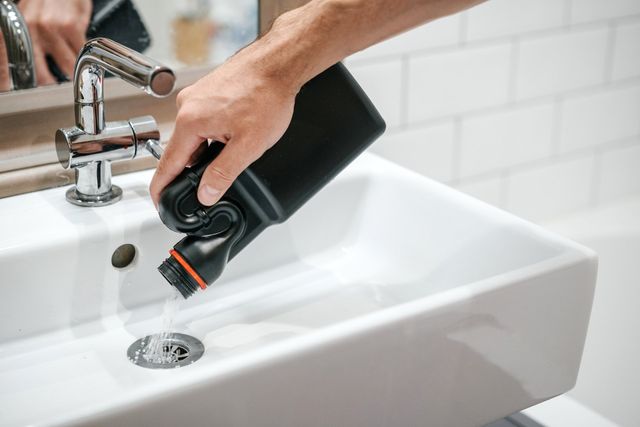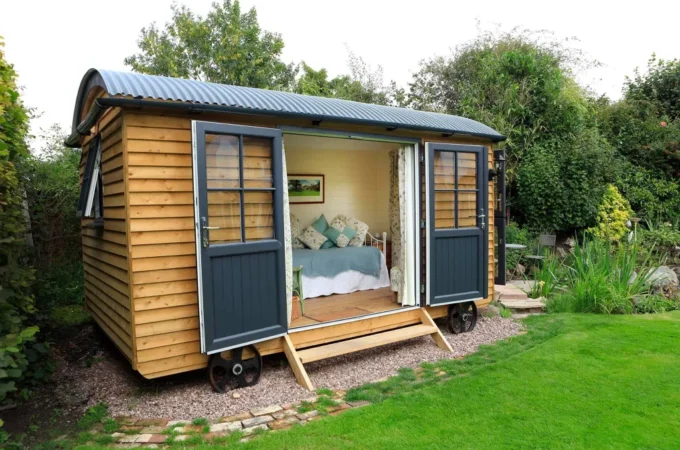
9 Plumbing Tips That You Should Know Before Moving into a Rented House or Apartment
Whenever you have a plumbing emergency in a rented house or apartment, you should call a 24/7 plumber. In this article, you’ll find recommendations on preventing such situations.
When you move into a rented house or apartment, you should make sure that all the plumbing systems and appliances are in good working condition. If the faucet is dripping or the water heating unit is producing weird noises, it might hint at the probability of upcoming repairs (which you might need to cover from your pocket). In this article, you’ll find a list of tips that every renter should remember to avoid leaks, floodings and other types of emergencies. Even if you hardly understand anything in plumbing, you should be able to assess the safety level of your new housing and minimize any potential risks.
Know Your Rights
Before signing the rental contract, you should make sure that:
- The house or apartment is structurally sound
- There is hot and cold water
- The roof is not leaking
- All plumbing, electrical and heating systems are in a safe operating condition
It’s not your duty but your landlord’s to ensure that the property is in a habitable condition.
Discuss Your Responsibilities with the Landlord
Before you move in, it would be wise to ask your landlord a few questions:
- What are your duties for maintenance?
- Who will handle the repairs when plumbing issues arise?
- What are your financial responsibilities during your lease agreement?
- How to use the appliances properly to maintain them for longevity?
- Which items can you put down your garbage disposal and which ones you should not put there?
Ideally, you should put down the answers to these questions in your rental contract.

Take a Tour
Inspect the premise to check the appliances and timely detect any potential damage. Find out the location of the main water shut-off valve — in case of a plumbing emergency, you’ll use this valve to stop all water flowing into the rental property and your personal belongings. Besides, there should be individual shut-off valves for the toilets and sinks. The quicker you recall where to find them, the better you’ll be prepared for any plumbing issues.
Here are a few other aspects that you might want to pay particular attention to during the tour:
- Pipes that might be prone to freezing in the winter
- Hard water calcium buildup on the pipes
- Signs of sewer issues that took place in the past
- Anything that doesn’t look up to par
Don’t hesitate to ask the landlord about the insurance coverage. If the flood from your housing can reach your neighbors, it would be great if the insurance could cover the potential damage.
Protect Your Drain
After you move in, you should avoid putting the following types of materials and substances down your drain:
- Fats
- Oils
- Grease
- Rice
- Pasta
- Fibrous materials like corn husks
They might cause blockage because they expand, bloat or tangle up easily.
Consider buying strainers to protect the drains in your sinks, showers and bathtubs. This smart solution will catch extra food, hair or other debris that might clog your pipes.
Take Care of Your Washing Machine
The better maintenance you provide to your washing machine, the longer it will serve you. If you clean the unit regularly, you’ll hardly ever spot any mold or mildew inside. Your clothes and linens will always look fresh and smell nice. If the machine breaks down, you should inform the landlord about it and discuss the upcoming expenses. Probably, the landlord will be able to recommend a reliable technician to you.
Prevent Frozen Pipes in Colder Months
In winter, pipes might burst because water tends to expand when it freezes. To prevent bursting, you might do the following:
- Wrap any exterior exposed pipes
- Leave cupboard doors open under the sink when you’re going out of town — that would allow warmer air to circulate by the pipes
- Keep a small drip flowing through your faucets to enable constant water to flow — in this case, there will be nothing to freeze up
If you keep a drip, you can recycle the water in a bucket and use it to wash the floor or for any other purposes.
Lower Your Bills
Water heaters should be set to the industry standard of 120°F. You can adjust the temperature of your unit to prevent water burns and pay less. Most likely, you’ll be able to fine-tune the temperature without third-party help. If you lack experience or have a heater of unusual construction, feel free to call a 24/7 plumber. For this type of work, the technician will charge you a very small sum — and you’ll be able to save much more in the long run.
What About DIY Repairs?
You might want to avoid carrying out any repair if you lack plumbing skills and knowledge. Modern systems and appliances tend to be rather complicated. If you interfere, you risk only aggravating the problem, which would lead to greater expenses. However, you might want to buy a plunger to keep in your bathroom. It might help you to cope with a clogged and leaking toilet.
Clean Up at the End of Your Lease

Before leaving the rented house or apartment, you should clean it thoroughly. Your garbage disposal, washing machine, shower and sink drains as well as other plumbing fixtures should be in their optimal condition. Typically, it is one of the prerequisites of getting most of your security deposit back. Plus, you’ll avoid being charged additional cleaning expenses. To make sure that all systems and appliances are functioning as intended, you might request a pre-move-out inspection with your landlord.
Final Thoughts
Hopefully, this article came in handy and now you better know how to handle plumbing issues in a rented house or apartment. Know your rights and discuss your responsibilities with the landlord in advance. Take a tour around the premise before you move in and ask relevant questions. After you move in, you should protect your drain, prevent frozen pipes in winter and provide good maintenance to all systems and appliances. It would be wise to find ways of lowering your bills but you shouldn’t fix plumbing problems without third-party help.




